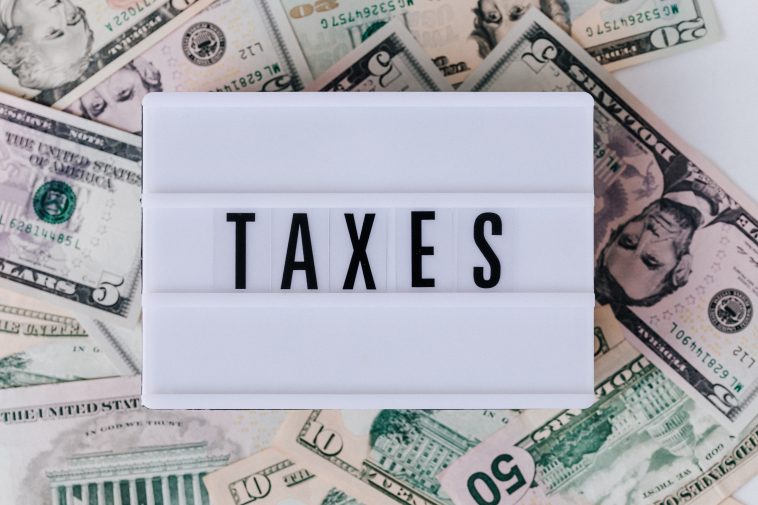The Ministry of Finance (MoF) of the United Arab Emirates (UAE) just made a new Ministerial Decision, No. 73 of 2023, on Small Business Relief. In line with Article 21 of the Corporate Tax Law, this choice will help startups and other small or micro businesses by lowering their Corporate Tax burden and compliance costs.
The decision says how much a person’s income must be and what they must do to qualify for Small Business Relief. It also explains how carried-forward Tax Losses and denied Net Interest Expenditure work with the Small Business Relief program.
Under the new Ministerial Decision on Small Business Relief, taxable residents can get Small Business Relief if their income in the current and earlier tax periods was less than AED3 million for each tax period.
The Small Business Relief will no longer be offered to a person or business that makes more than AED3 million in any tax period. This income limit will be used for tax periods that begin on or after June 1, 2023, and will only be used again for tax periods that end on or before December 31, 2026.
The UAE’s accepted financial standards can be used to figure out how much money was made. , But Qualifying Free Zone Persons and members of Multinational Enterprises Groups (MNE Groups) as described in Cabinet Decision No44 of 2020 on Organising Reports Submitted by Multinational Companies will not be able to get Small Business Relief.
MNE Groups are conglomerates of enterprises with activities in more than one country and aggregated group revenues exceeding AED3.15 billion.
In the tax periods set out in the decision, if a business does not choose to apply for Small Business Relief, it will be able to use any Tax Losses and disallowed Net Interest Expenditure from those tax periods in future tax periods where it does not choose to apply for Small Business Relief.
The Ministerial Decision also talks about the problem of splitting businesses up for no good reason. It says that if the Federal Tax Authority (FTA) finds that taxable persons have artificially separated their business or business activity, the total revenue of the whole business or business activity is more than AED3 million in any tax period. Those taxable persons have chosen to apply for Small Business Relief; this would be considered an arrangement to get a Corporate Tax advantage under Clause (1) of Article 50 about the general anti-abuse rules of the Tax Law.
This ruling should help startups and other small or micro businesses, especially those from Africa, to set up a headquarters abroad. By lowering its Corporate Tax burden and compliance costs, the UAE is making itself look like a good place for foreign businesses and investors to spend and start up.
But it’s important to remember that this help isn’t available to all businesses and is only suitable for a limited time, so anyone who wants to use it should carefully consider whether or not they qualify before making a choice.
 We just launched our WhatsApp channel. Want to get the latest news from the Tech in Africa?
We just launched our WhatsApp channel. Want to get the latest news from the Tech in Africa?


